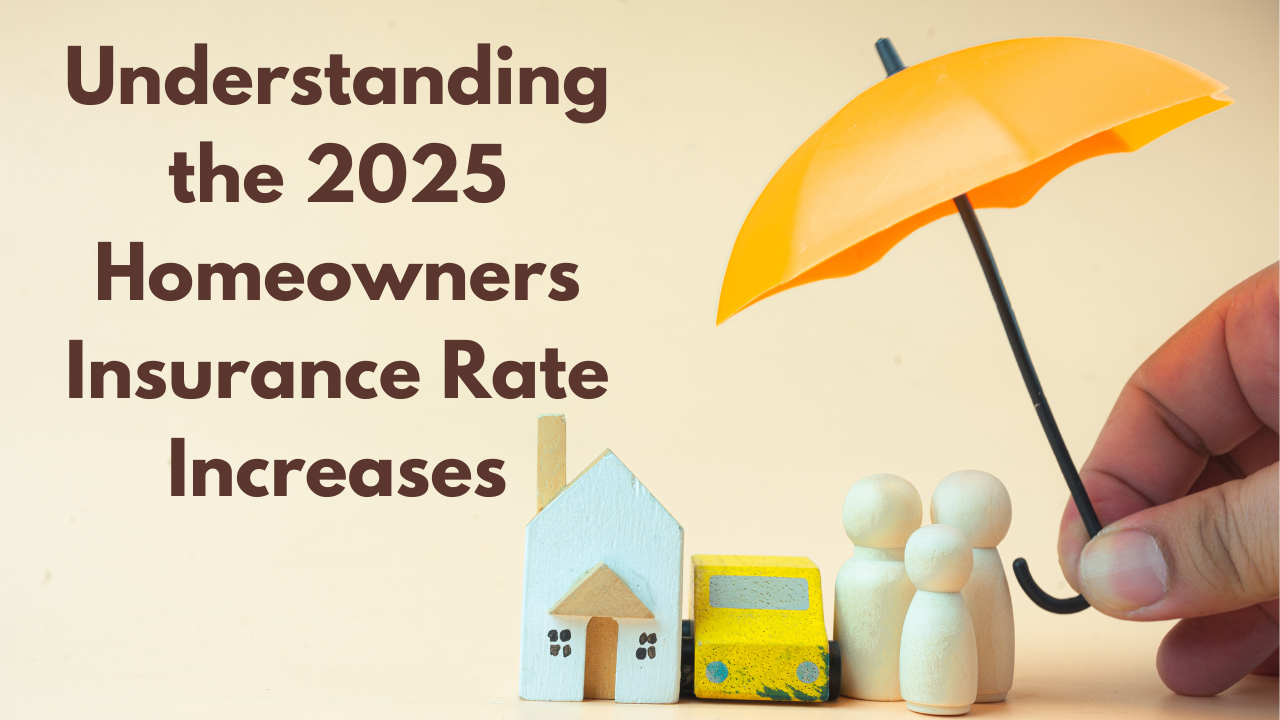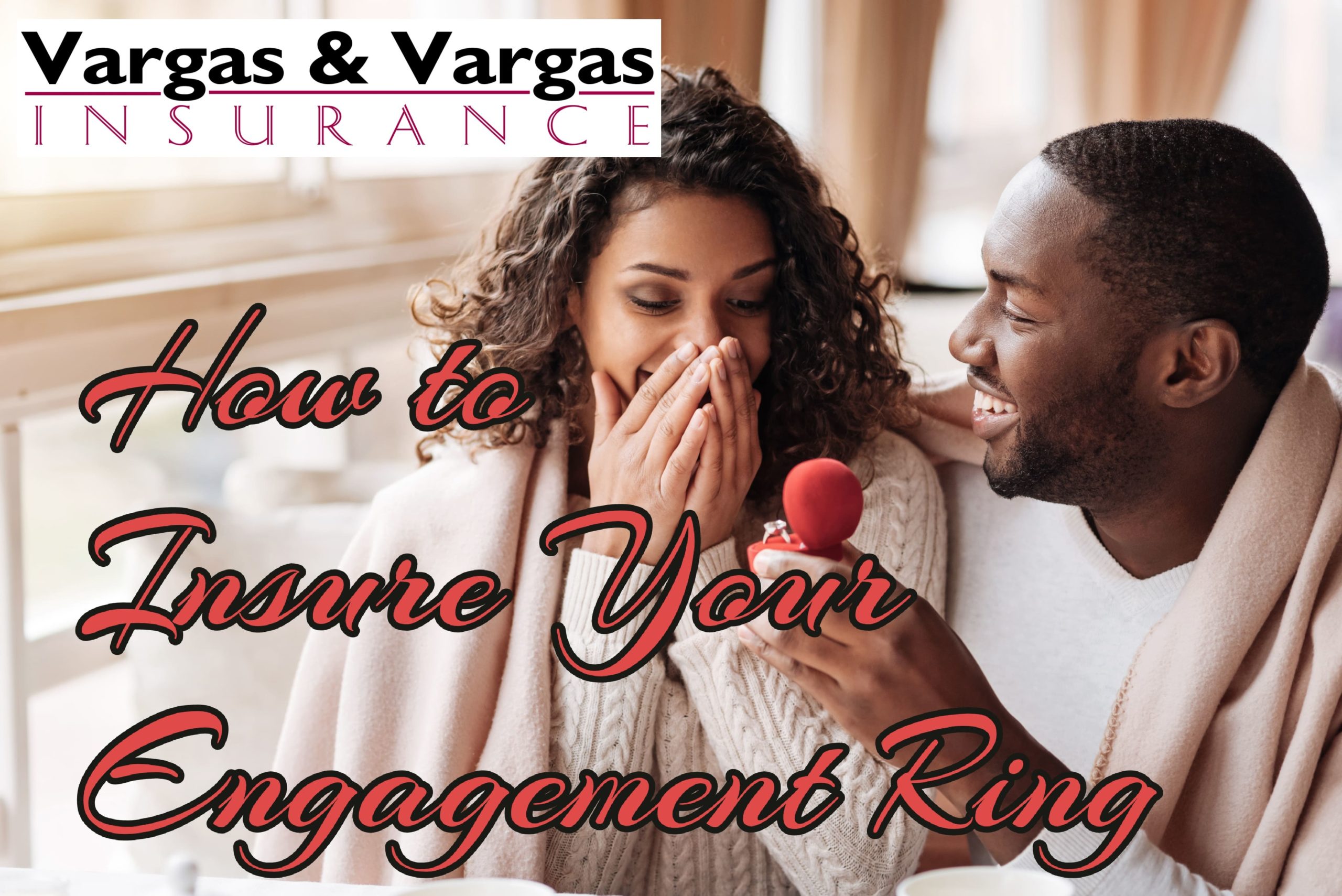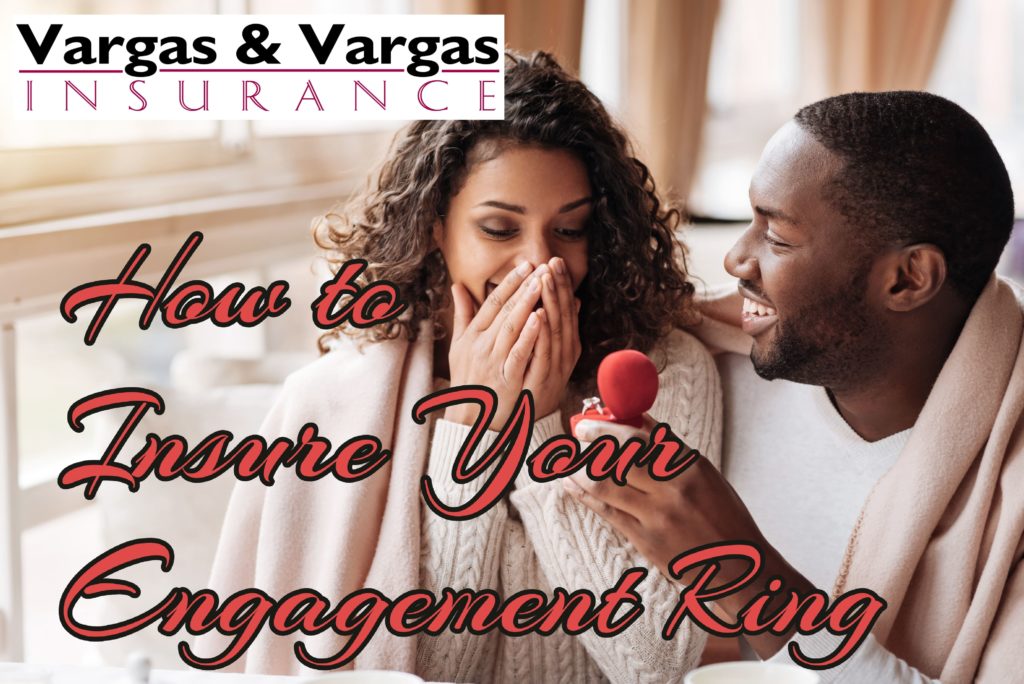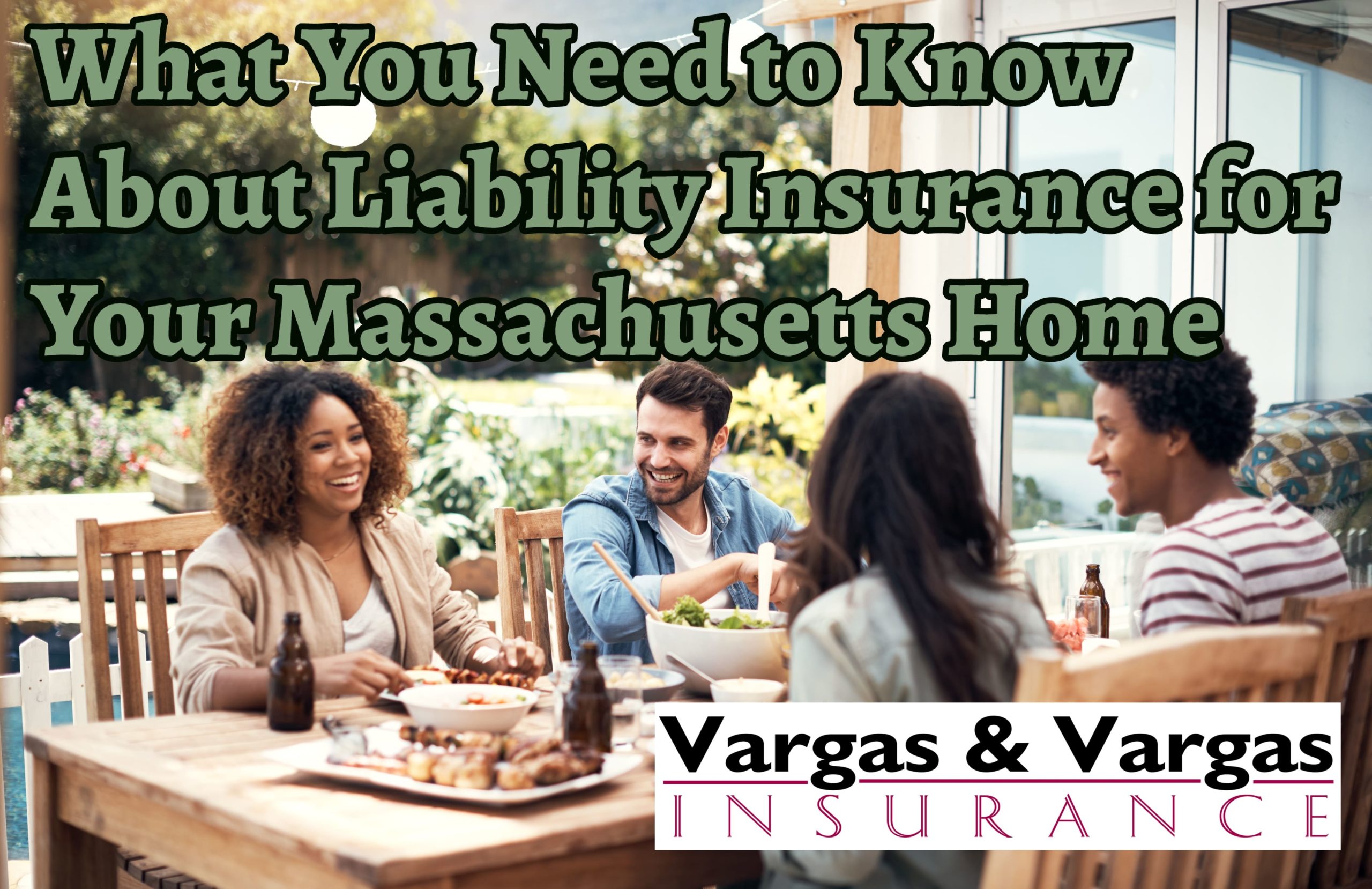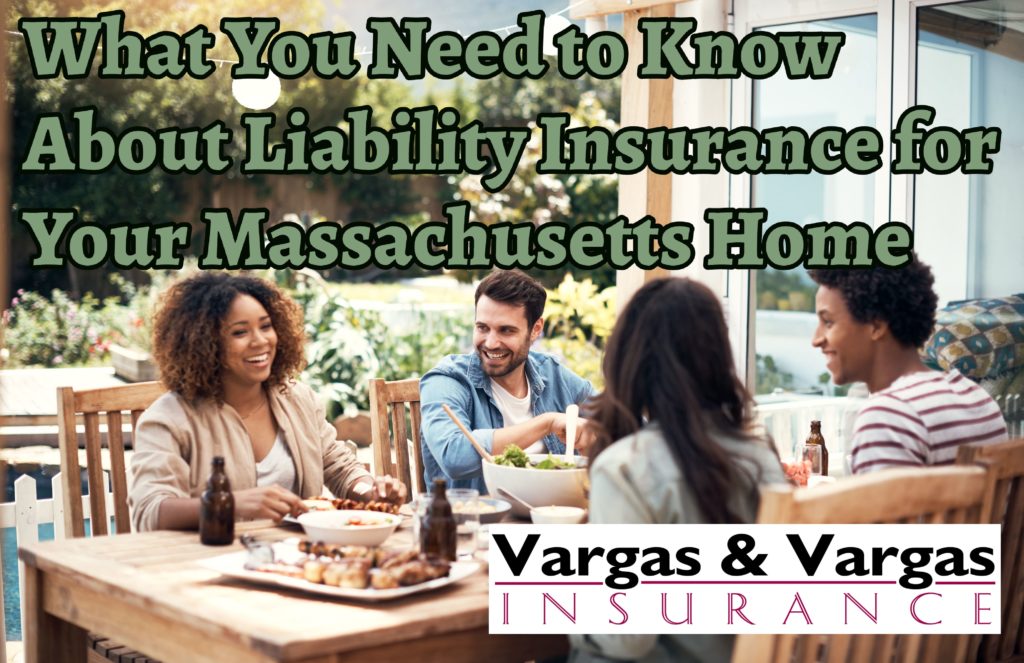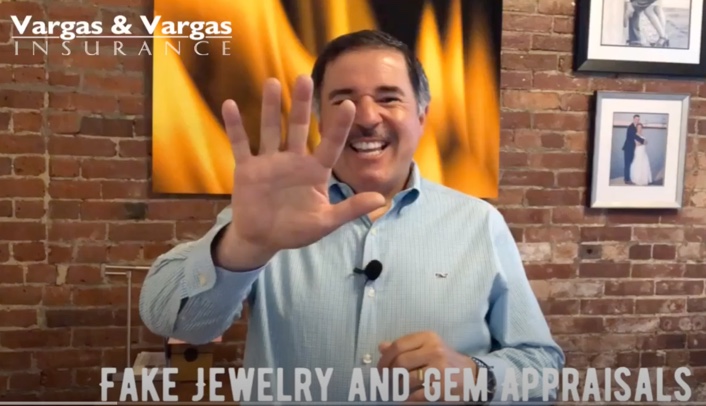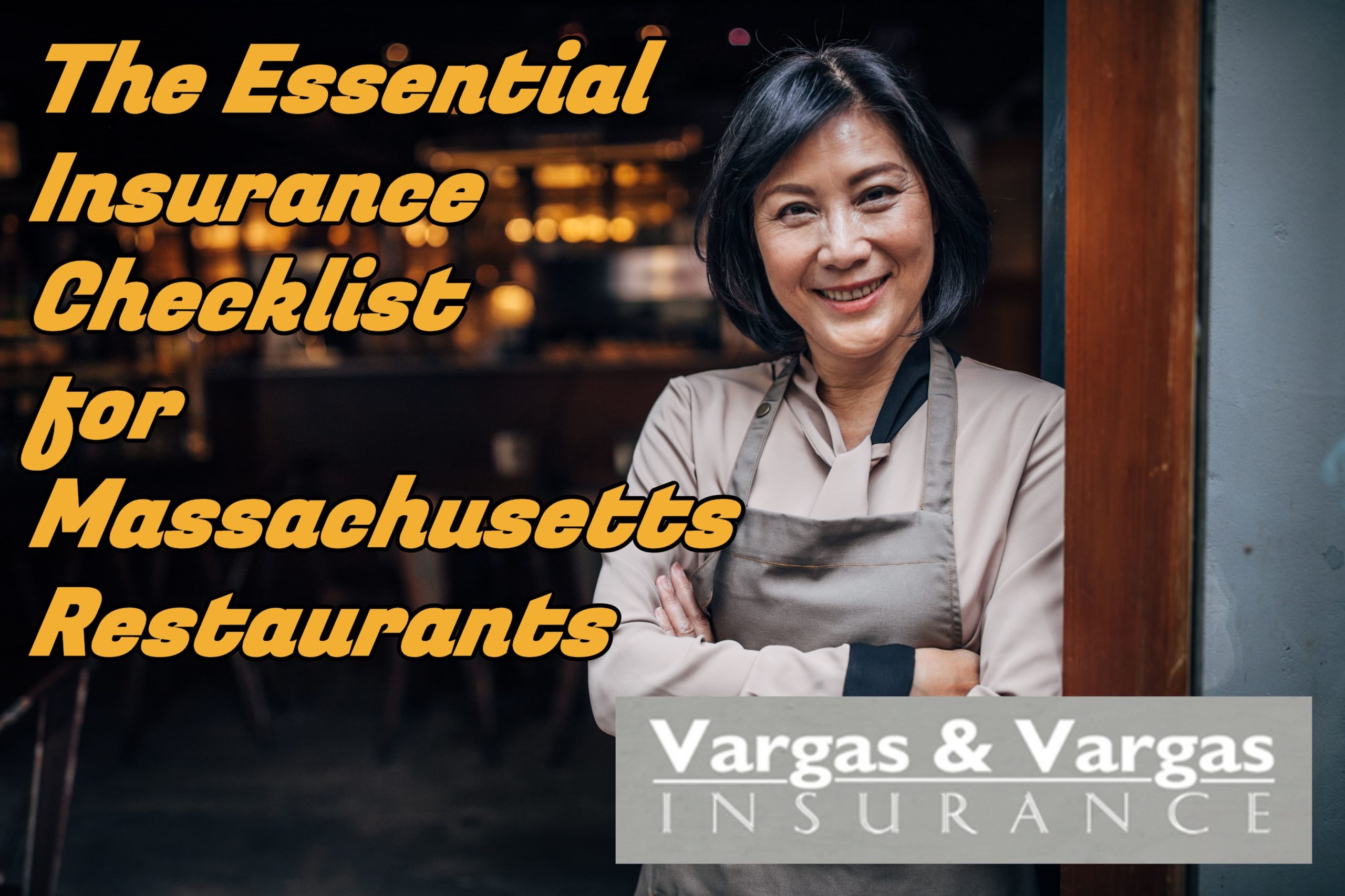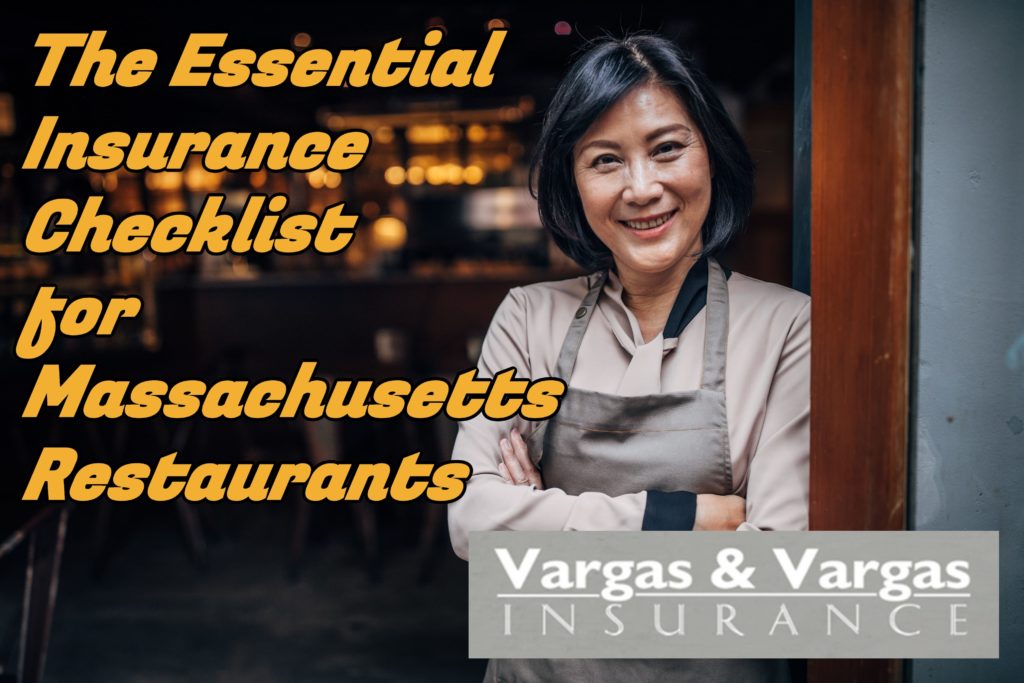Understanding the 2025 Homeowners Insurance Rate Increases
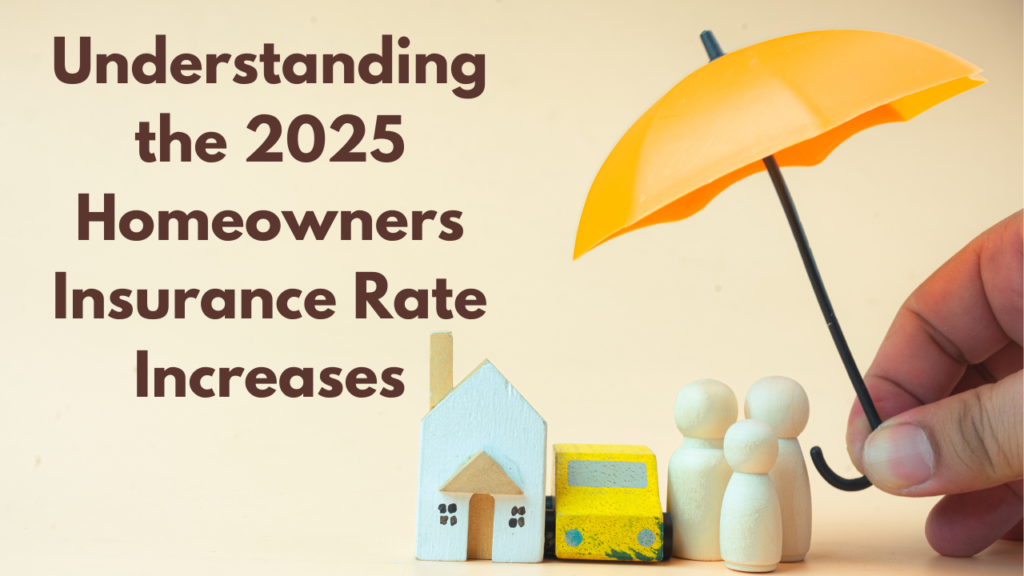
What’s happening with home insurance rates
Homeowners across the U.S. are facing shocking increases in insurance rates. If your bill has jumped recently, you’re not alone—rates have risen by 24% over the past two years.
As independent insurance advisors, we’ve helped thousands of homeowners navigate these changes, find savings, and secure better coverage.
In this article, we’ll explain why rates are rising, which companies are increasing premiums the most, and what you can do to protect your budget.
Which Insurance Companies Raised Rates the Most in 2024?
American Family Insurance leads the pack with a 16.5% increase in 2024. They raised rates in 42 states, with Missouri seeing the biggest jump at 30.1%. Liberty Mutual comes in second with a 14.5% increase, while Progressive rounds out the top three with a 13.5% bump. According to the Insurance Information Institute, these increases are largely due to rising repair costs and more frequent natural disasters.
Where are rates climbing the fastest
Nebraska homeowners felt the biggest pinch, with rates climbing 22.7% in 2024. In fact, 33 states saw double-digit increases. The Consumer Federation of America, reports that states prone to severe weather events are experiencing the steepest rate hikes.
Why rates are going up
Several factors are pushing rates higher: Rising construction costs mean it costs more to repair or rebuild homes. According to Insurance Times, there’s also been significant improvement in profitability, with homeowners insurance showing a 13.8-point improvement in loss ratios during the first nine months of 2024. This improvement came despite challenges like Hurricane Helene. Natural disasters like hurricanes and wildfires are happening more often, with AM Best noting that Hurricane Milton in the fourth quarter is expected to have an even greater impact than Helene on homeowners results. Insurance companies are also paying more for their own insurance (called reinsurance). All these costs get passed down to homeowners..
Some good news
Not all companies raised rates by the same amount. USAA had the smallest increase at 3.1% in 2024. State Farm, the largest home insurer in America, kept their increases lower than average at 10.5%. Over the past six years, they’ve had the smallest total increase at 24.1%.
Homeowners insurance rates have risen sharply, but you still have options to reduce costs. With construction costs rising and natural disasters becoming more frequent, it’s more important than ever to review your coverage.
Your best move? Get a professional review of your policy. We’ll help you compare options, uncover discounts, and find the best coverage for your budget.
What you can do
At Vargas & Vargas Insurance, we specialize in helping homeowners navigate rate changes. Contact us at 617-298-0655 for a free consultation today.


